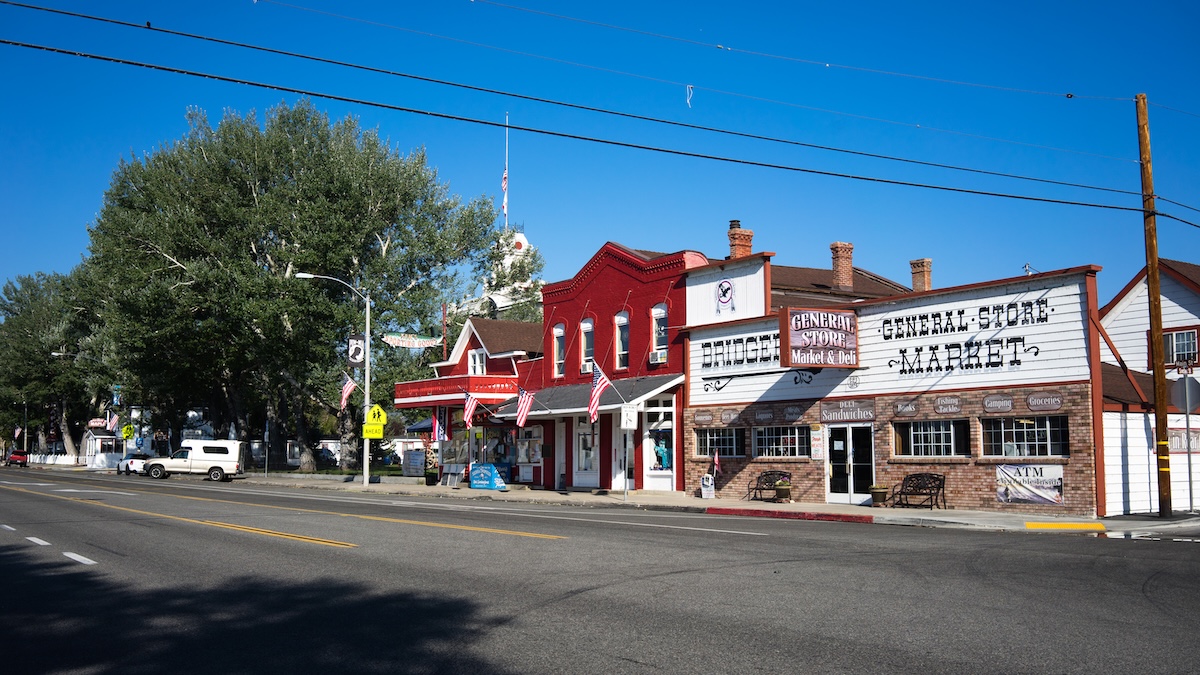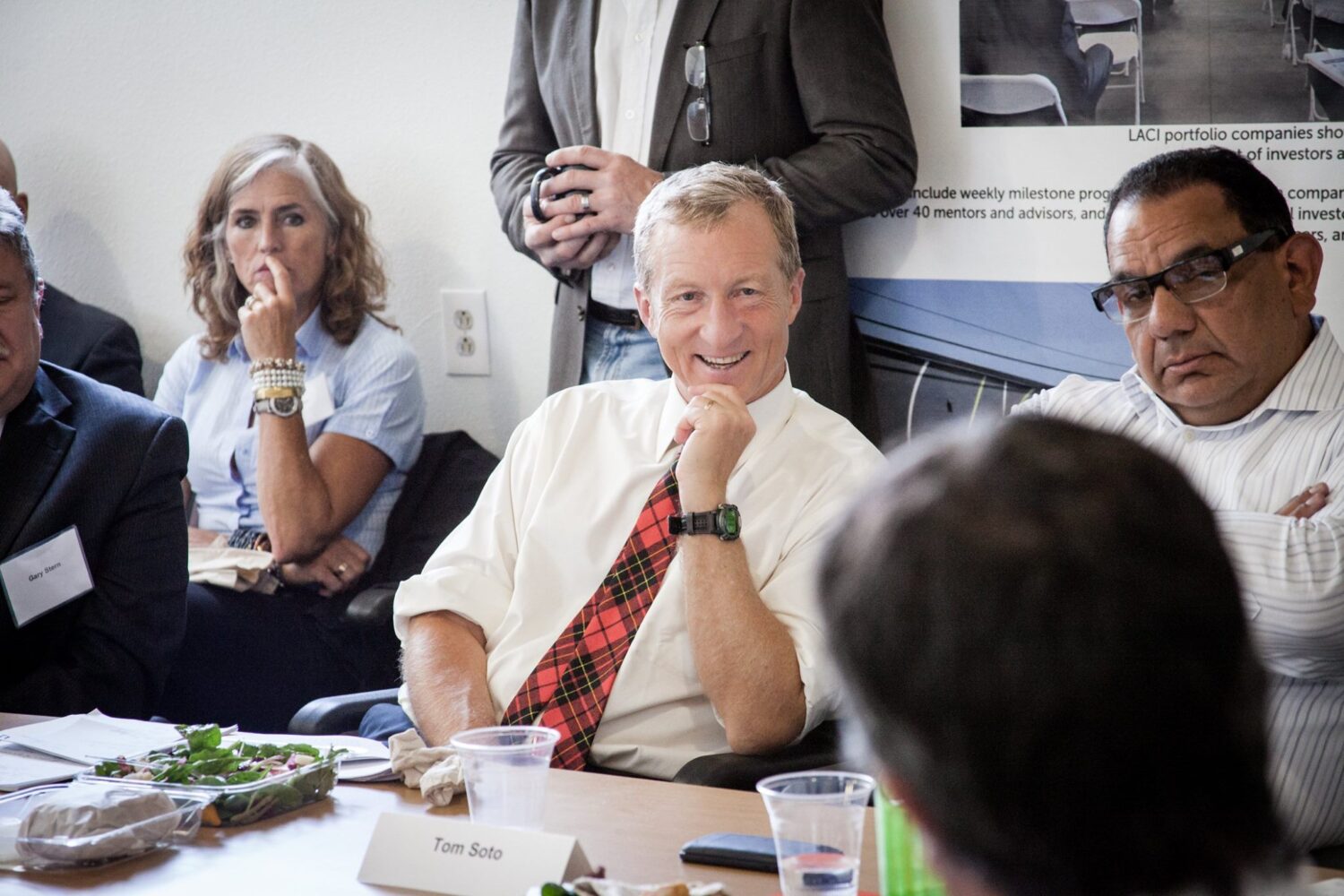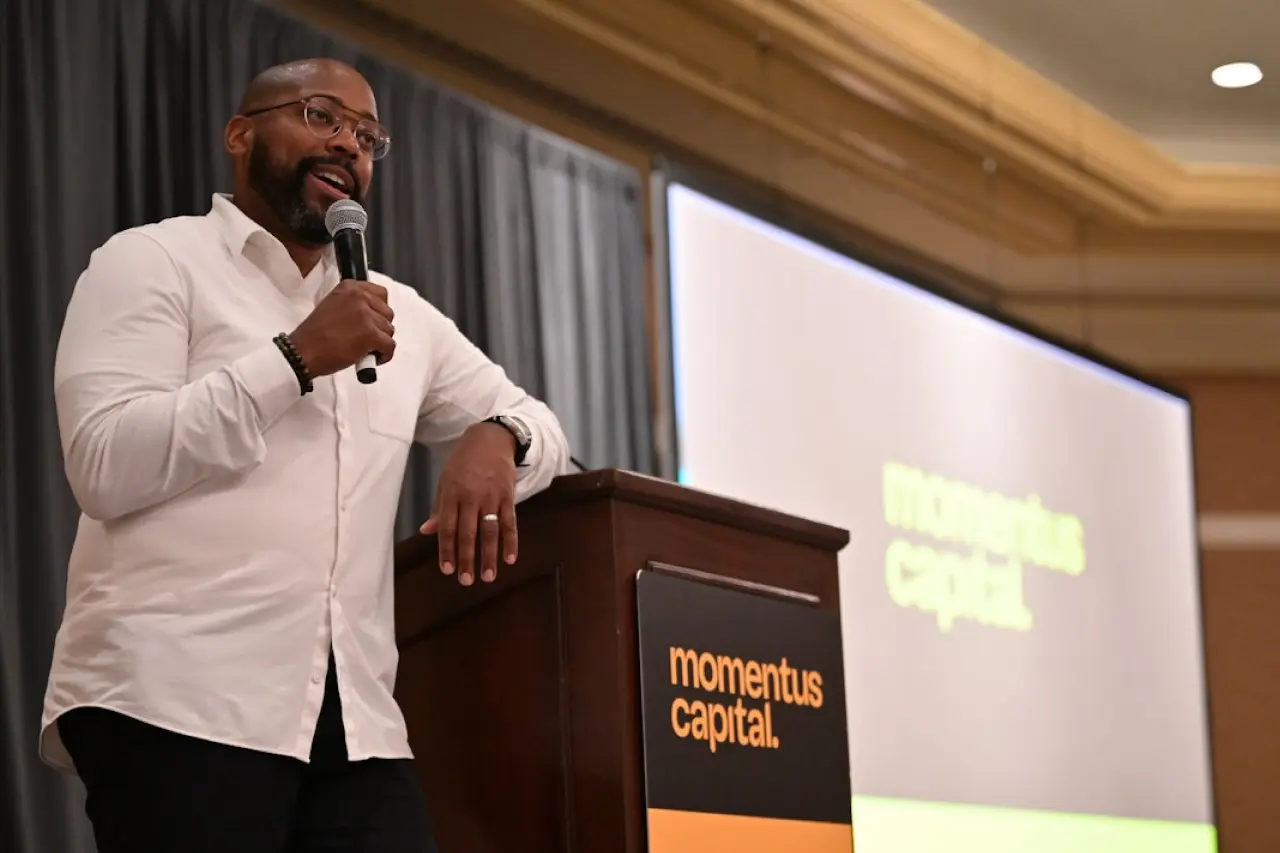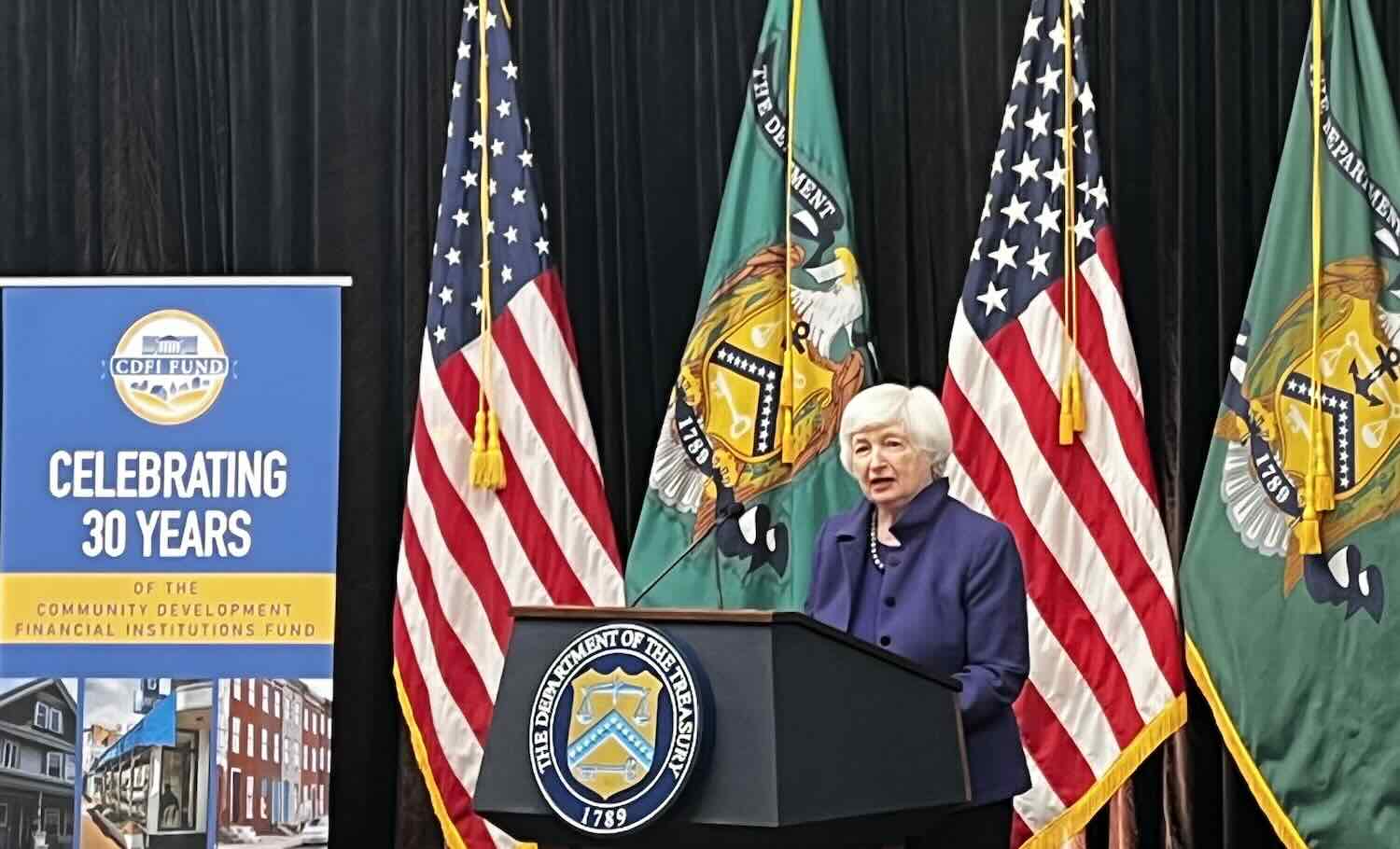ImpactAlpha, Feb. 23 – Real estate speculators have new competition on the block: neighborhood trusts organized by residents determined to have a say – and a stake – in the growth of their communities.
In Philadelphia and Atlanta, as well as Tulsa, Los Angeles and Portland, community actors are harnessing legal structures and evergreen investment funds to preserve ownership of commercial and residential assets in fast-gentrifying neighborhoods.
“The goal of these structures is to transition assets off the speculative market and to retool who’s in control and who’s benefiting from the value generated by those assets long term,” says Camille Canon of San Francisco-based Purpose Foundation, which has expanded its work to real estate after helping businesses structure ownership and raise capital to share economic value with stakeholders. “All of these are experiments in different aspects of the question of community-based ownership.”
The Kensington Corridor Trust has acquired nine commercial properties (with five more under agreement) in Philadelphia’s Kensington neighborhood, an old textiles district just a few miles from downtown with blight and vacancies alongside small businesses and civic associations. The permanent trust holds the properties for the neighborhood to govern and control. After a transition, the majority of the board will be community residents and business owners.
In Atlanta, Purpose is working with The Guild to allow residents to purchase shares (and reap dividends) in a community investment trust through which The Guild acquired a mixed-use property in Capitol View, a Black neighborhood in southwest Atlanta. The Guild has focused for years on leveraging entrepreneurship and real estate to close racial wealth gaps in the city. The pilot project is part of The Guild’s plan for a larger portfolio of community-owned real estate.
In California, L.A.’s NICO and Downtown Crenshaw, and Oakland’s East Bay Permanent Real Estate Cooperative, are raising money from community members and aligned investors to acquire and develop properties and fightback against real-estate speculators that are fueling gentrification and displacing residents and businesses.
Local organizations in Kansas City and Tulsa are working with the nonprofit Trust Neighborhoods to pioneer “mixed income neighborhood trusts” that acquire and rehab residential properties and preserve the majority of units at current rents to prevent displacement. As the market grows in value, the majority of the rents are held constant while a minority of units are floated at market-rate. Next up for Trust Neighborhoods: Expand the model to a half-dozen cities across the U.S.
Community ownership
The neighborhood trust model is similar to conservation land trusts that take property out of the market for environmental purposes, such as habitat preservation. The models have two core principles. The assets are “decommodified,” that is, no longer for sale. And value can no longer be extracted from them in perpetuity for private capital gain.
“That usually means that wealth is shared with other stakeholders,” Canon says. Neighborhood trust models promise community governance, hubs for regenerative businesses and affordable rents, in place of absentee landlords, extractive businesses and displacement.
“If you look at Kensington Avenue right now, a lot of the businesses that have survived and thrived beyond the pandemic and beyond the uprising are predatory businesses,” says community organizer Adriana Abizadeh, who leads the Kensington Corridor Trust. It’s important that “the neighborhood be the one to dictate what’s happening and how it’s happening, what they want to see on their corridor. They’re the ones impacted,” she says.
PDIC Philadelphia, Shift Capital, IF Lab and Impact Services, a Kensington nonprofit, formed the Kensington Corridor Trust in 2019. Early funding came from the Barra Foundation, Patricia Kind Family Foundation, family office Spring Point Partners, and an unnamed individual investor.
Ford Foundation and Spring Point are considering long-term investments in trust that would be contingent on KCT raising additional funding. On the back end, investors in the trust will be able to finance the debt under new terms, be repaid with revenues from tenants or paid off by future investors.
In Atlanta, Kendeda Fund provided the upfront grant capital for The Guild’s property acquisition in Capitol View. The organization will now look to foundation program-related investments to fill out the capital stack.
“With longer term capital at lower rates of interest we can facilitate the transition to community ownership at a rate that is equitable,” says The Guild’s Nikishka Iyengar.
The Guild is building a model based on the Mercy Corp’s Portland-based “community investment trust,” which provided a low-dollar, loss-protected investment opportunity to enable community residents to buy a stake in a retail plaza now leased to mostly minority-owned businesses.
Trust Neighborhoods’ Kavya Shankar says demand for community-owned real estate is high, as investment flows and pricing pressures force displacement in cities across the country. A dozen neighborhoods in every major city could form trusts, she says. “Supply of capital is what’s needed.”
The Sunderland Foundation is anchoring the mixed-income neighborhood trust in Kansas City. George Kaiser Family Foundation and the Anne & Henry Zarrow Foundation are the lead funders in Tulsa.
The nonprofit is streamlining the process for enabling the community to have authorship over the trust documents and the governance. The model will become familiar to investors and replicable, says Shankar, while keeping impact front and center. “That’s how this scales.”












